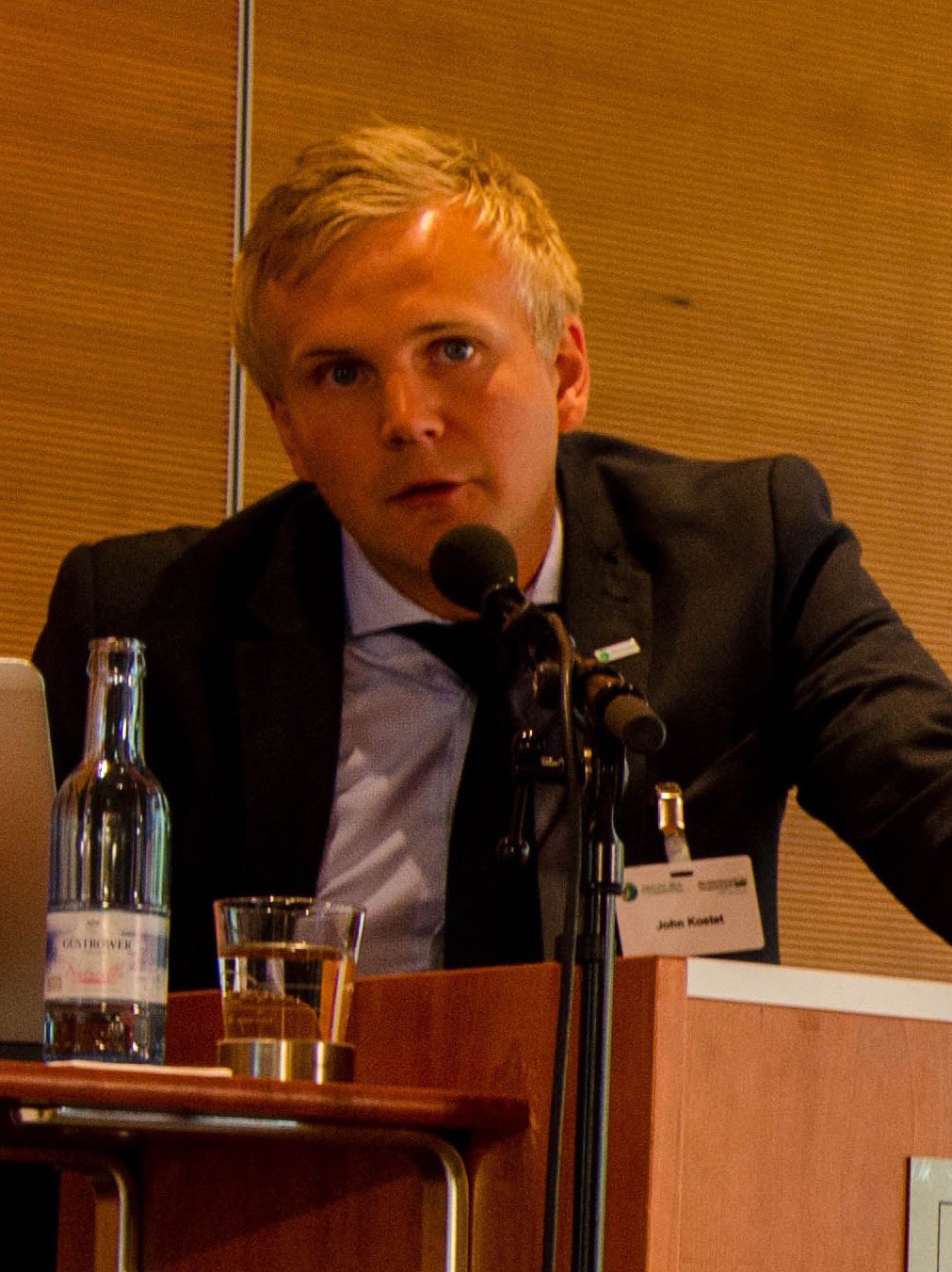Regional policy
EU:s regional policy
The European Union is a cooperation between states, but it has a strong regional dimension in its core. The regional policy limit the regional disparities by funding development projects for regions, cities and their inhabitants, in programs that are designed by the region's actors. A planning process defines goals at EU level which are then broken down by national authorities. In Sweden, which is considered a developed economy, the policy is financed mainly through the so-called structural funds, European Regional Fund and the European Social Fund, but also to some extent the European Rural Development Fund, which is part of the EU's agricultural policy. All in all, regional policy accounts for about one third of the EU budget, with a certain proportion dedicated to interregional programs aimed at increasing cooperation between regions and across national borders. Regional policy is influenced by the Europe 2020 strategy on smart, sustainable and inclusive growth, adopted in 2010, and still sets out the basic principles of how the structural funds, together with other funds and programs, contribute to regional development support.
North Sweden European Office's work on regional policy
North Sweden monitor and influences the design of regional policy to make sure that it will benefit as much as possible for the region and accounts for the region's unique conditions such as sparse population, arctic climate and long distances to markets. In order for the challenges to be recognized in politics, North Sweden works in close cooperation with regions with common interests. North Sweden is also working to maintain an extra allocation in the Regional development fund that Northern Sweden receives from the EU because of these conditions. Regional priorities and influence over the funds is essential for the maintenance of growth in the region.
North Sweden monitor and influence EU policy concerning cross-border cooperation between Sweden, Finland, Norway and in other geographical areas of interest. The region has a special role in the EU's Baltic Sea strategy, commitment to the Arctic region, Barents cooperation and collaboration across the North Atlantic. North Sweden also supports participation in EU-funded programs by monitoring so-called sector programs and stimulating the ability to combine funds through local collaboration between actors.
Regional policy in northern Sweden
The regional actors has proven that the benefits of the funds of regional policy are beneficial by utilizing the funds in projects that actively contribute to growth. For example, the funding allows the region to boost its innovativeness through clusters, refurbishment of inland airports and projects that open up rural areas for tourists. For the 2014-2020 budget period, Övre Norrland receives about 2 billion SEK (Swedish Kronor) from the European Regional Fund and the European Social Fund, which is of great importance for Northern Sweden's opportunities for regional development. Of these money, an extra allocation in the form of sparse support constitutes of 1 billion SEK, about half of the total allocation.
North Sweden is tasked with monitoring and influencing the design of funds and programs that are relevant to the region. This is done in close cooperation with actors who share the region's conditions and interests, such as Europaforum Norra Sverige with the four northernmost Swedish counties and Northern Sparsely Populated Areas with 13 regions in northern Sweden, Finland and Norway.
Cross-border cooperation is of great importance for northern Sweden. The region borders both Norway and Finland and is part of the Barents region and Sápmi, which are essential parts of the EU's arctic policy. For northern Sweden, it is therefore important that labour markets and social services can develop across national borders without obstacles. This means that regional and local level must have a clear role and influence.


